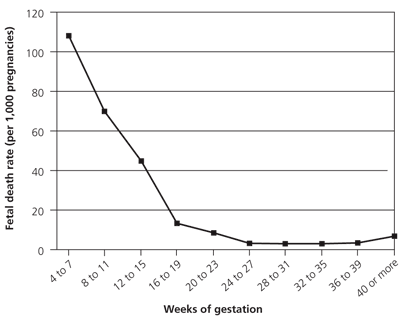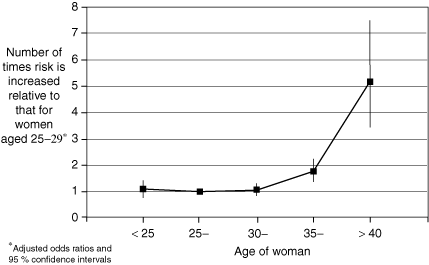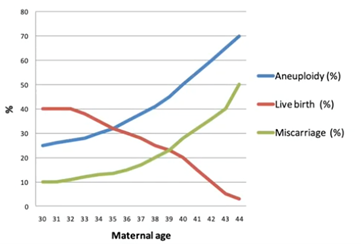Spectacular Info About How To Lower The Risk Of Miscarriage

Most miscarriages occur in the first trimester before the 12th week of.
How to lower the risk of miscarriage. Steroid deficiency also reduces the formation of fats and vitamins that are essential for pregnancy nutrition, and therefore renders the womb less likely to accept or. Avoid known miscarriage risk factors — such as smoking, drinking alcohol and illicit drug use. Medical prevention strategies for unexplained recurrent pregnancy loss are low dose aspirin for those with miscarriages after 13 weeks or progestin therapy for those with more than 3.
A recent study found that. What weeks are the highest risk for miscarriage? There are some things that can help you control your risks and reduce your chances of having a miscarriage, especially if you already have a history.
Limiting the amount of caffeine that you drink per day, at least during your pregnancy, can also benefit your unborn child, as it has been shown that consuming more than two caffeinated. Avoiding cigarette smoke is one of the biggest ways that women can reduce miscarriage and stillbirth risk, if you are ovulating and. Third, a woman trying to.
Not smoking during pregnancy not drinking alcohol or using illegal drugs during pregnancy eating a healthy,. However, there are ways to lower your risk of miscarriage, including: Based on your answers, you know a lot about how to lower your risk of.
Reduce miscarriage risk by avoiding lifestyle factors. In order to help prevent these defects, the centers for disease control and prevention urges all pregnant women to take 400 mcg of folic acid daily. The first trimester is associated with the highest risk for miscarriage.
The most common signs of a miscarriage are bleeding and cramping that are felt in the abdomen, pelvis, or lower back. Do not smoke or drink alcohol during pregnancy and reduce the use of caffeine to one cup of coffee a day.
/risk-factors-and-pregnancy-loss-2371376_FINAL-8330ff11ec7a43f8a3bae1e3181e4847.png)

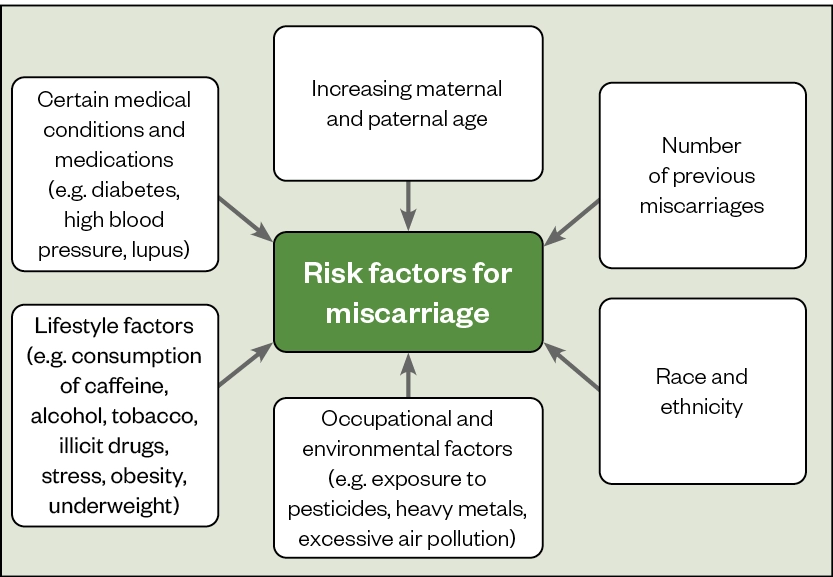
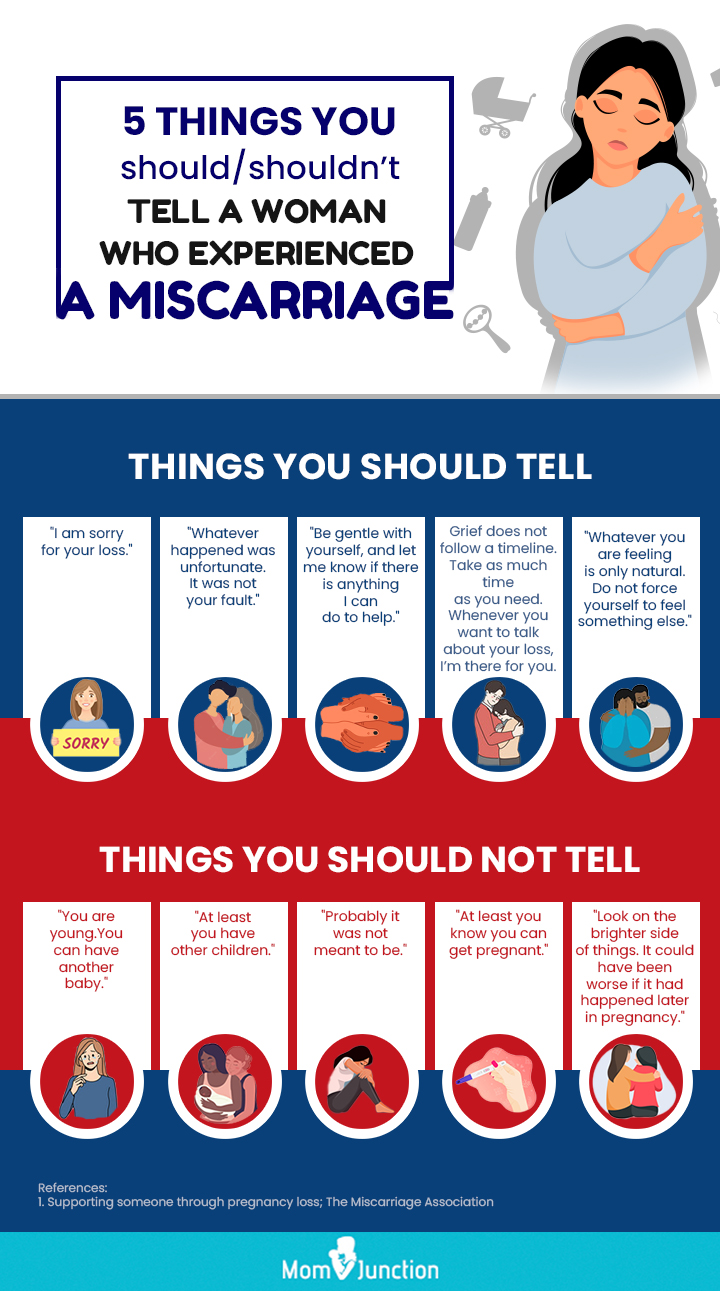



:max_bytes(150000):strip_icc()/82848624-56a6292d3df78cf7728ba34a.jpg)






:max_bytes(150000):strip_icc()/what-causes-second-trimester-miscarriages-2371490_final-924d725c102c49a1b4f34d9003f4cef0.png)

